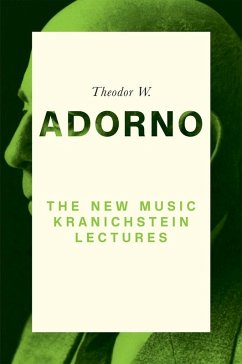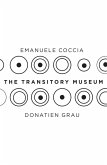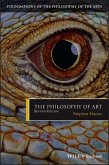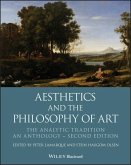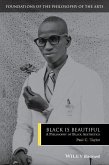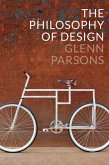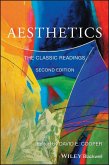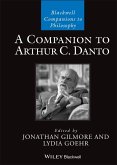Dieser Download kann aus rechtlichen Gründen nur mit Rechnungsadresse in A, B, BG, CY, CZ, D, DK, EW, E, FIN, F, GR, HR, H, IRL, I, LT, L, LR, M, NL, PL, P, R, S, SLO, SK ausgeliefert werden.
Max Paddison, Durham University
"This book demonstrates the contribution of one of the twentieth century's most important thinkers to a pivotal moment in avant-garde composition."
Darmstädter Echo
"With a high level of theoretical reflection and exceptional skills in technical composition, Adorno succeeded in mediating critical social theory and radical aesthetics."
Opernwelt
"Adorno's lectures show just how lucid and engaging a thinker he can be. These fluently translated lectures and discussions complement his published works on modern music. They offer accessible analysis of works by Schoenberg and others, as well as philosophically informed reflections on the challenges faced by composers, performers and listeners who take music seriously as a response to the modern world."
Andrew Bowie, Royal Holloway University of London, and author of Adorno and the Ends of Philosophy

